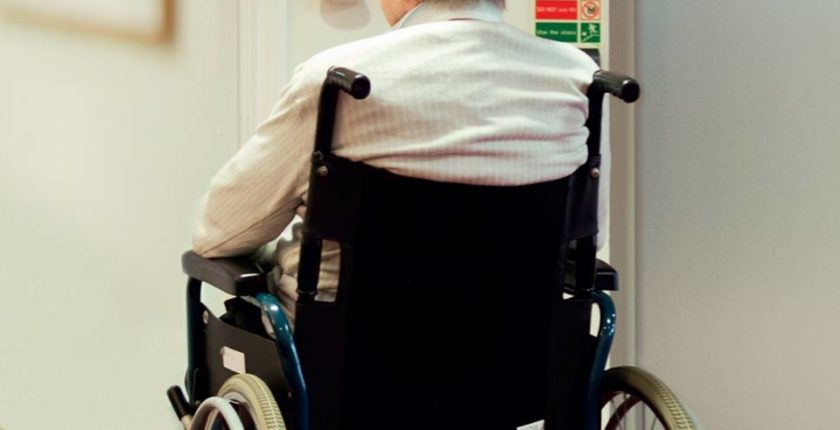Black people in the UK more likely to develop dementia, new study reveals
[ad_1]
Black people in the UK are more likely to develop dementia than those from other ethnic groups, but are still much less likely to be diagnosed and receive support, a study has revealed.
The study, which was published in the journal Clinical Epidemiology, compared incidence of dementia diagnosis by white, black and Asian ethnic groups and is the first of its kind to assess the impact of these factors.
It found that for men, the incidence of dementia diagnosis was 28% higher among black men, and 12% lower in Asian men, compared to white men.

Advertisement
For women, it found the incidence of dementia diagnosis was 18% lower among Asian women and 25% higher among black women, compared to white women.
The report, from University College London and King’s College London, analysed data from more than 2.5 million people, including 66,083 who has a dementia diagnosis, from 645 GP practices across the UK over an eight year period from 2007 to 2015.
The researchers also compared the diagnosis rates to what could be expected for the different ethnic groups as predicted by prior research.
Despite higher diagnosis rates, the authors concluded that black men with dementia were still less likely to receive a diagnosis compared with white men.
“What we found suggests that the rates of people receiving a diagnosis may be lower than the actual rates of dementia in certain groups, particularly among black men,” one of the authors, Dr Tra My Pham, from UCL’s Institute of Epidemiology and Health, said.
“It is concerning that black people appear to be more at risk of dementia but less likely to receive a timely diagnosis.”
The authors say they cannot fully explain the low rates of dementia in people from Asian background. Health inequalities like cardiovascular disease which contribute to dementia are common in Asian and black communities.
Speaking to The Independent, Wesley Dowridge, a member of KCL’s advisory group on social care users and carers said: “As a black carer and one of the Windrush generation, these findings make me think about why black people I know have been reluctant to seek help for memory problems: worries about being treated fairly, or about being put in a care home.”
[ad_2]
Source link

